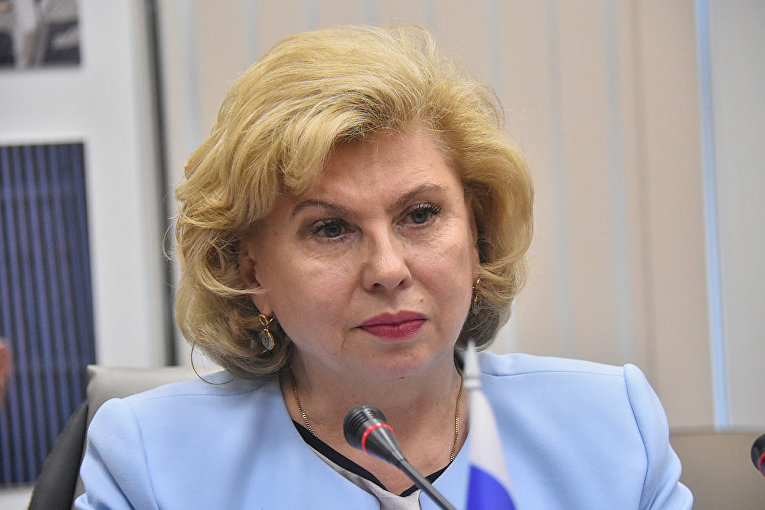MOSCOW, April 12 (RAPSI) — The Russian Human Rights Commissioner Tatiana Moskalkova has proposed that her staff was granted the right to visit people held in pre-trial detention centers and colonies.
According to Moskalkova, currently as per the federal Constitutional law on the Ombudsman only she alone has been given an extensive list of rights such as to meet with convicts, to get acquainted with the materials of criminal cases, to study the materials of discontinued cases or refusals to initiate a criminal case, to file administrative claims in court.
However, the Commissioner is not the Batman and cannot cover the whole country, so it is needed that the law envisaged the right of the Ombudsman to instruct the staff of her office to visit convicts, she said when presenting her annual report to the State Duma legislators from the LDPR political party.
The meeting was attended by the chairman of the LDPR party Vladimir Zhirinovsky and the party's higher council.
Zhirinovsky asked the Ombudsman to pay attention to a number of problems: for example, he considers it necessary to adopt a law prohibiting the dissemination of facts of private life, to solve the problem with the admission of lawyers to the detainees, to protect the rights of citizens who worked without an employment contract, and so on.
He also asked the Commissioner to support the introduction of COVID passports for vaccinated citizens.
Zhirinovsky also touched upon the topic of the ex-governor of the Khabarovsk Krai, a member of the Liberal Democratic Party of Russia Sergey Furgal, who is now in jail. According to the LDPR Chair, the deputies wanted to visit a fellow party member in detention but were not allowed to. Moskalkova stressed that she had visited Furgal in the Lefortovo detention center.
In this regard, Moskalkova explained that deputies and senators were empowered by law to visit penitentiary institutions, but not to communicate with accused persons, suspects, or convicts, so the law needed to be changed accordingly.
Moskalkova considers it necessary to create a group of people who, on behalf of the Ombudsman, could visit persons in custody, as is envisaged by the national prevention mechanism developed in certain foreign states.



